UFZ Science Policy Interface Surveys
We are currently preparing a follow-up questionnaire to address the challenges identified in the initial assessment
Overview of the first UFZ-wide Science Policy Interface Survey
We managed to get 104 responses from across all Research Units at the UFZ, with particularly strong participation from “Environment and Society,” “Ecosystems of the Future,” and “Chemicals in the Environment.” The broad distribution of responses allows for a representative insight into the state of science-policy interface (SPI) activities across the institution. From the 30 questions we asked, here are the clearest findings and key takeaways across Research Units:
Limited Training Participation

Most respondents have never taken part in SPI-related training or workshops. This signals a considerable gap in possible skill development for meaningful engagement at the science-policy interface. With many UFZ staff being relatively new—under five years at the institute—this presents a key opportunity to offer targeted training early in their careers.
Difficulty in Engagement
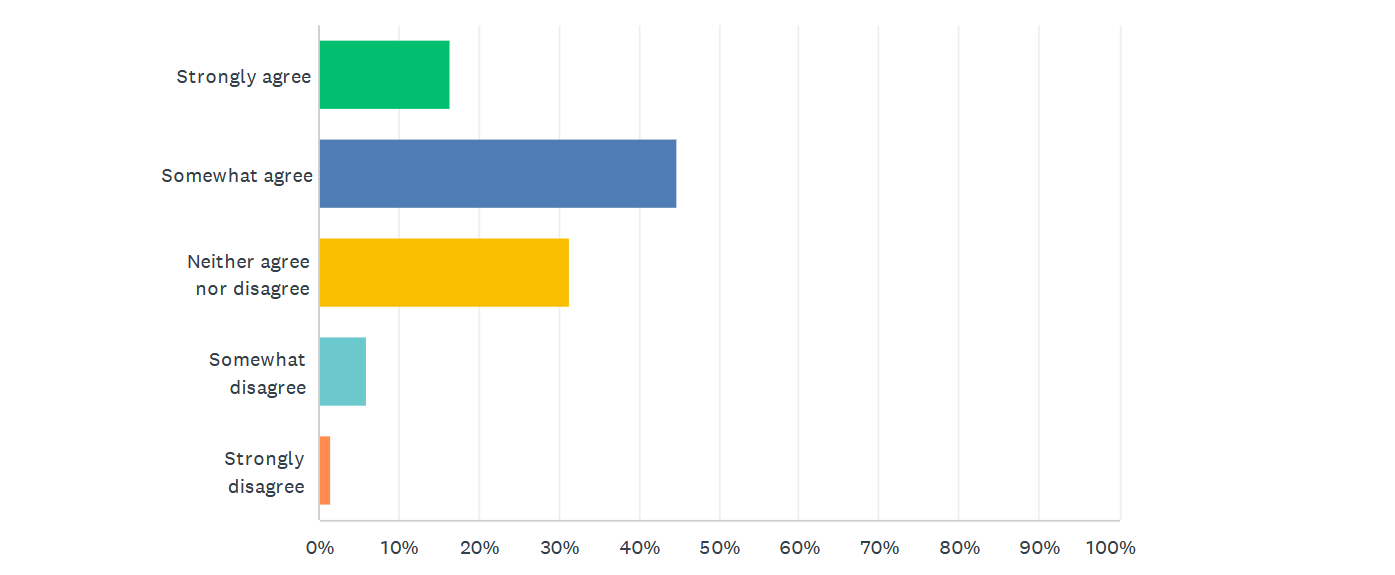
Many participants report difficulty in engaging with SPI activities. Interactions with policy actors are often one-off, short-term, or limited to later stages of research, such as dissemination. Involvement at earlier stages like project planning or during the research process is less common. Furthermore, SPI efforts are often initiated by scientists, with limited joint initiation alongside policy actors. This reflects a scientist-driven process that could benefit from more co-creative approaches.
Organizational Gaps
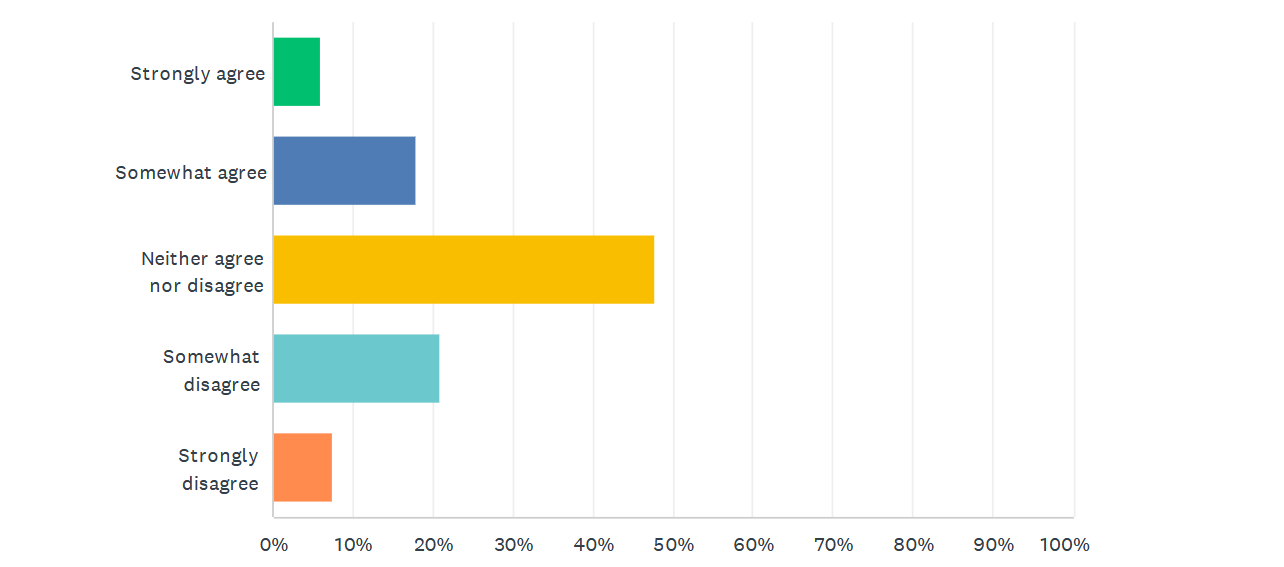
A significant number of respondents either do not know about or are not confident in the UFZ’s current organizational structures to support the sharing of scientific evidence with policymakers. While some view existing structures positively, most are neutral or critical, suggesting that institutional frameworks for SPI could be much stronger.
Fragmentation of SPI Efforts
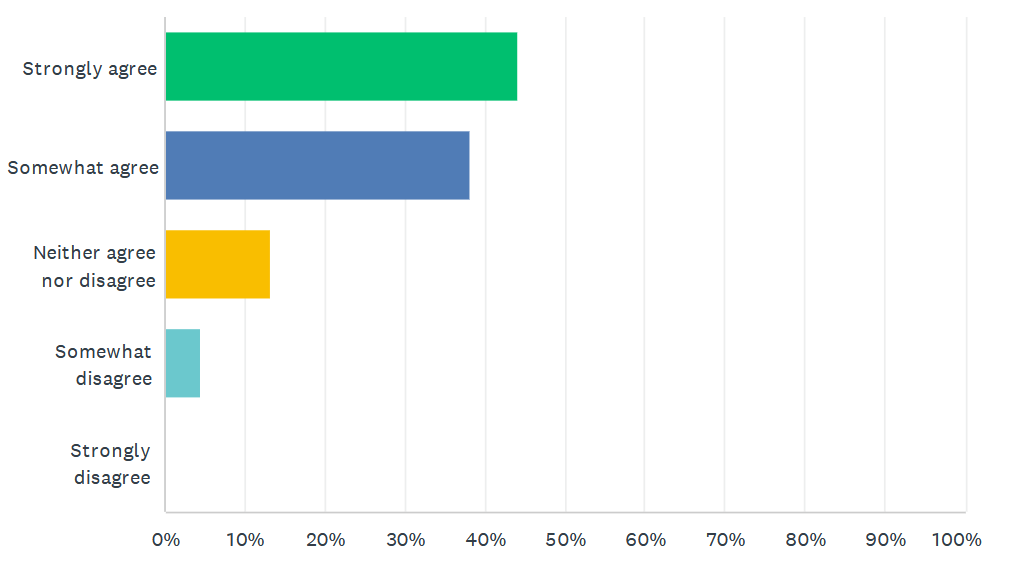
There is strong agreement that UFZ’s SPI activities are fragmented, with little coordination across Research Units and groups. This fragmentation also creates barriers for new individuals trying to become involved in SPI work. The lack of a cohesive strategy reduces efficiency and hinders collaborative learning within the institution.
Funding as a Barrier
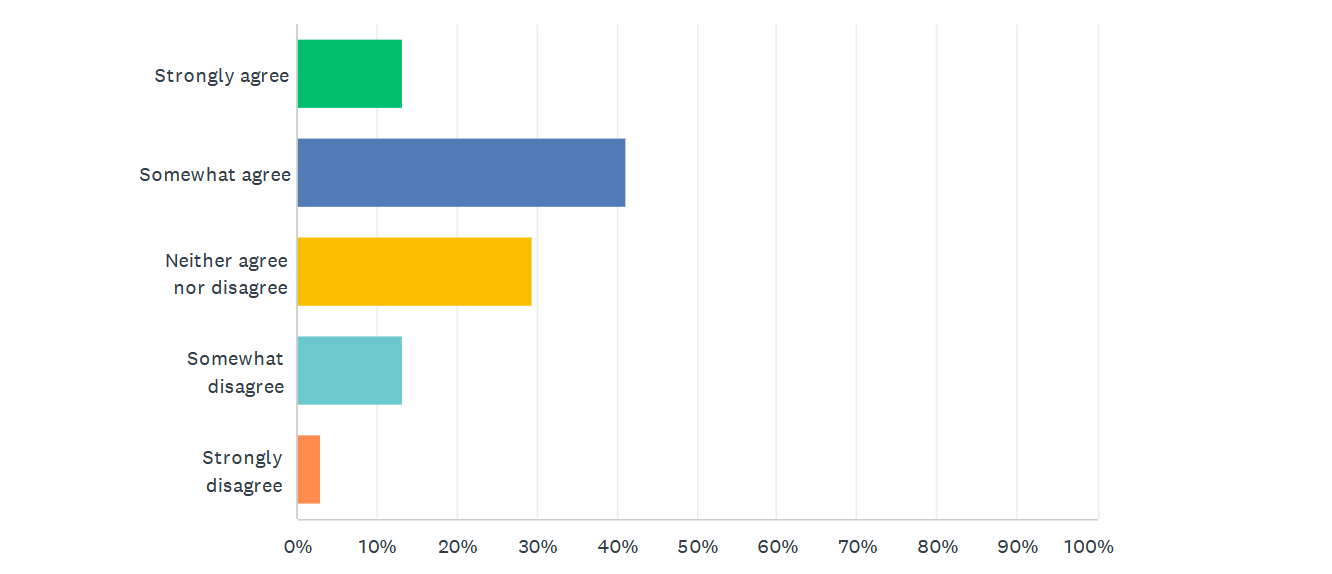
Participants consistently point to a lack of funding as one of the main obstacles to effective SPI work. Resource limitations—time, funding, and administrative support—were cited as key factors holding back deeper engagement with policy processes.
Limited Opportunities for Interaction
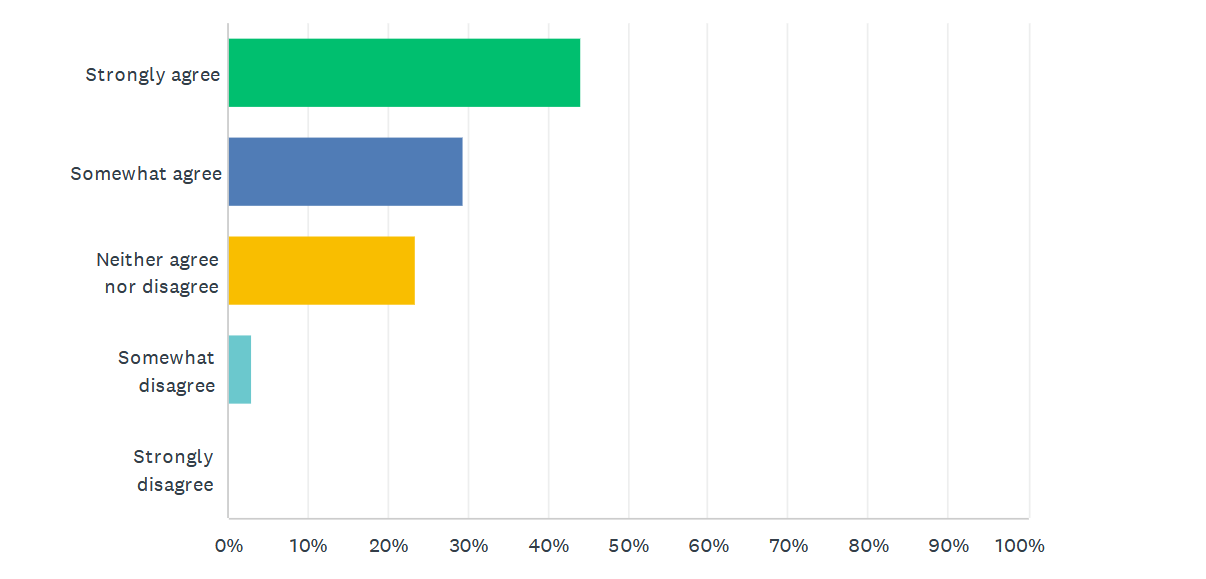
Another clear message is the lack of regular and structured opportunities for scientists and policymakers to meet, exchange ideas, and build relationships. While cooperation and collaboration do occur, they are often episodic, and participants noted a strong need for institutionalized forums or platforms to support ongoing exchange.
Additional Insights
Additional insights reveal that researchers often act as knowledge brokers, synthesizing and organizing existing knowledge rather than generating new data specifically for policy needs. Contact is most common with government actors at national and European levels, though some also engage with NGOs, educational institutions, businesses, and civil society. Policymakers are perceived as generally interested in scientific knowledge but constrained by competing priorities and structural limitations, often using research for ex-post justification rather than ex-ante decision-making.
Alltogether, these results suggest a need for significantly improved organizational support, better funding mechanisms, and the creation of opportunities for training and regular interaction. Strengthening these areas would go a long way toward enabling more strategic, impactful, and sustainable science-policy engagement at the UFZ.
